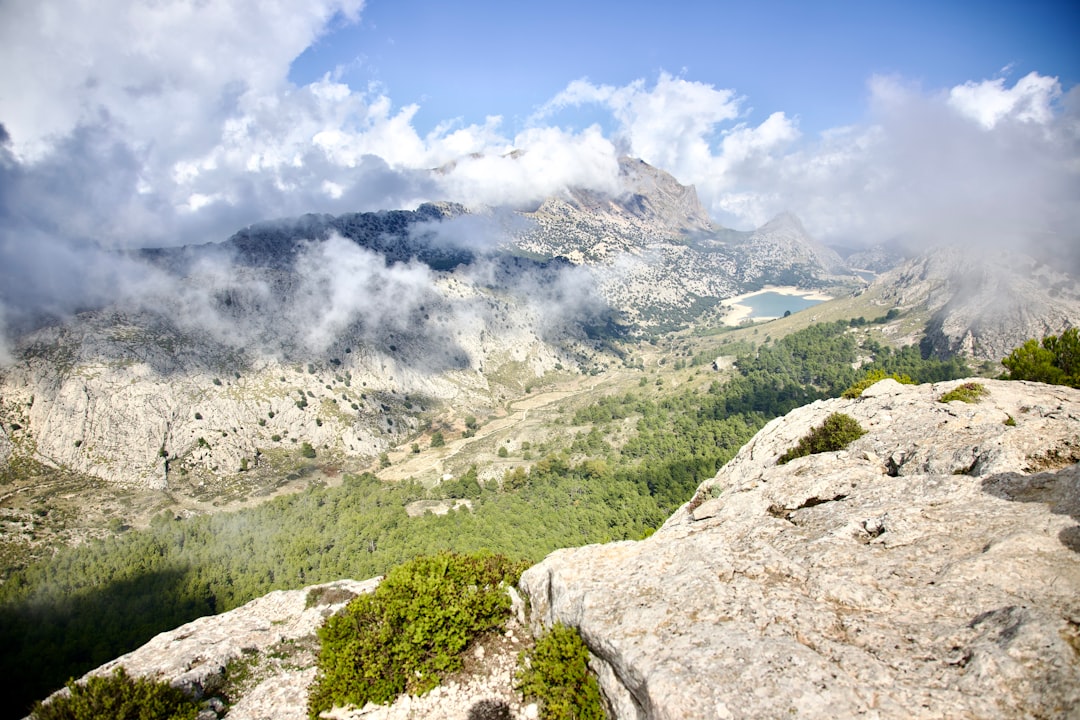Holiday Inn Could Be Turned Into Residential Units in Boca Raton

By Boca Vibe
Holiday Inn Could Be Turned Into Residential Units in Boca Raton

City staff is reviewing an application to convert a Holiday Inn & Suites location in Boca Raton to residential apartments. Located at 701 NW 53rd Street, the hotel stands within the southernmost portion of Park of Commerce Boulevard, adjacent to two other hotels – an Embassy Suites and a SpringHill Suites. Initial plans call for converting the existing structure into a multi-family residential complex, potentially altering the landscape of this busy commercial corridor.
A Shifting Landscape: From Transient to Resident
The proposed conversion reflects a broader trend in Boca Raton and Palm Beach County, where developers are increasingly looking to repurpose existing commercial properties to meet the growing demand for housing. The city’s relatively high cost of living and limited available land have fueled this shift, with developers seeking creative solutions to address the housing shortage. This particular project, if approved, would significantly impact the character of the area, transitioning a space primarily geared towards travelers into one focused on permanent residents.
The Holiday Inn, with its proximity to both major roadways and the burgeoning commercial activity around Park of Commerce Boulevard, presents a compelling location for residential development. The area offers easy access to I-95, facilitating commutes to both northern and southern Palm Beach County, as well as to employment centers in West Palm Beach and Fort Lauderdale. Its location also places residents within a reasonable driving distance of popular Boca Raton destinations such as Mizner Park and the vibrant downtown area.
Details of the Proposed Conversion
While specific details of the application are still under review by the city’s planning department, initial proposals suggest a significant renovation of the existing Holiday Inn structure. The number of proposed residential units remains unclear at this time, though sources indicate a potential for a substantial increase in housing density compared to the hotel’s current capacity. The plans may also include alterations to the building’s exterior and the addition of amenities typically found in modern apartment complexes, such as a swimming pool, fitness center, and possibly dedicated parking.
The application process involves a rigorous review by several city departments, including planning, zoning, and building inspections. Environmental impact assessments are also required to determine the potential effects of the conversion on the surrounding area. Public hearings will be scheduled, giving residents the opportunity to voice their concerns and opinions before a final decision is rendered. This period of community input is crucial, ensuring that the development aligns with the city’s overall vision for the area and addresses any potential negative consequences.
Potential Impacts on the Surrounding Area
The conversion of the Holiday Inn into residential units could have several significant impacts on the Park of Commerce Boulevard area. One notable effect could be an increase in traffic congestion, particularly during peak hours. The influx of new residents could strain existing infrastructure, necessitating improvements to roads, public transportation, and other essential services. The addition of residential units could also alter the commercial character of the area, potentially impacting the viability of nearby businesses that depend on transient hotel guests.
On the other hand, the increased residential density could contribute to a more vibrant and dynamic community, potentially fostering a greater sense of place and attracting more local businesses catering to residents’ needs. The proximity to Florida Atlantic University (FAU) could also make the converted complex attractive to students and faculty, contributing to the growth and vitality of the surrounding area. The long-term economic consequences of this conversion remain to be seen, requiring careful analysis and consideration by both the developers and the city.
Community Concerns and the Public Hearing Process
The proposed conversion has already generated considerable interest and discussion within the Boca Raton community. Some residents express concerns about potential increases in traffic, noise pollution, and the overall impact on the character of the neighborhood. Others view the project as a much-needed addition to the city’s housing stock, potentially helping to address the ongoing housing shortage and creating more affordable housing options. The upcoming public hearings will provide a vital platform for residents to voice their concerns and engage in constructive dialogue with city officials and the developers.
The city’s planning department will carefully assess all public comments and input, weighing them against the potential benefits and drawbacks of the project. Transparency and public engagement are paramount throughout this process, ensuring that all stakeholders have a voice and that the ultimate decision serves the best interests of the Boca Raton community. The outcome will undoubtedly set a precedent for future development projects in similar areas, influencing how the city manages the evolving balance between commercial and residential growth.
Economic Considerations and Long-Term Planning
The economic implications of this project extend beyond the immediate impact on the local area. The conversion of a hotel into residential units represents a shift in investment priorities, reflecting the changing dynamics of the real estate market. The project’s potential to generate revenue through property taxes, increased spending by new residents, and the creation of construction jobs should be weighed against the potential costs of infrastructural improvements and the potential strain on existing services. The city’s long-term planning strategy needs to account for these multifaceted economic factors, ensuring sustainable and equitable growth.
Moreover, the success of this project will depend largely on its ability to integrate seamlessly with the existing community. Careful consideration should be given to issues such as architectural design, landscaping, and the provision of adequate amenities to ensure that the new residential complex enhances rather than detracts from the neighborhood’s aesthetic appeal and overall quality of life. This holistic approach to development is crucial for ensuring the project’s long-term viability and positive contribution to the Boca Raton community.
Frequently Asked Questions (FAQ)
Want more Boca updates?
Subscribe to our newsletter and never miss local news.Frequently Asked Questions
Related Articles